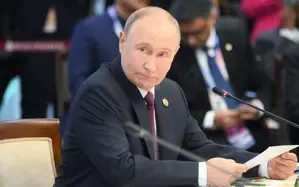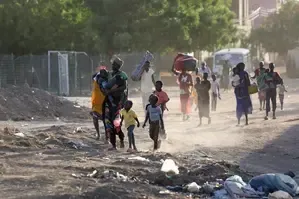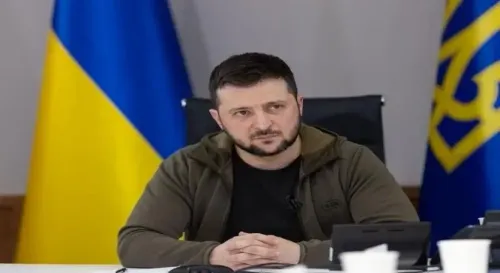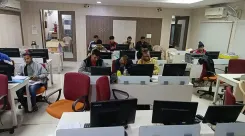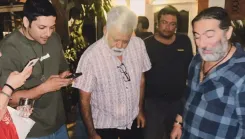Is North Korea Right in Calling Seoul's Military Drill Adjustments 'Deceptive'?
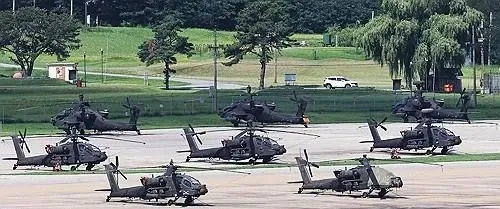
Synopsis
Key Takeaways
- North Korea criticizes military drills.
- Claims of deception from South Korea.
- Ulchi Freedom Shield exercise ongoing.
- Potential for heightened tensions.
- Importance of diplomatic dialogue.
Seoul, Aug 20 (NationPress) North Korea fiercely criticized the ongoing collaborative military maneuvers between South Korea and the United States, labeling Seoul's decision to defer half of its field exercises to the following month as 'deceptive'.
The state-run Korean Central News Agency (KCNA) issued this condemnation after Seoul and Washington commenced their extensive joint summer exercise, known as the Ulchi Freedom Shield, on Monday, which is set to last for 11 days as scheduled.
Reports from Yonhap indicate that approximately half of this year's nearly 40 field exercises have been postponed to next month, seemingly as part of Seoul's efforts to mend strained relations with Pyongyang.
The KCNA stated, 'The enemies have babbled about postponing part of the outdoor field drills to next month, but all the fundamental drills outlined in the actual US-Republic of Korea exercise plan are proceeding as planned, with only messy drills of the South Korean military being postponed.'
This announcement reiterates that the discussions from South Korea and the US regarding adjustments to the exercise as an unprecedented measure were merely a 'deceptive tactic.'
No matter what measures the adversaries take, the unchanging essence of the joint exercise as the world’s longest-running and largest-scale drills in the Asia-Pacific will never be concealed, as stated by KCNA.
The agency also cautioned that North Korea's unwavering determination and capacity to protect its sovereignty and security will manifest in actions, and its countermeasures will be 'active and overwhelming.'
Earlier, on August 19, North Korean leader Kim Jong-un condemned the joint military exercise currently taking place between South Korea and the United States, claiming it reflects their intent to 'ignite a war' and reaffirming the most 'hostile' posture towards the North, according to state media.
Kim also advocated for a 'rapid expansion' of the nation’s nuclear arsenal while inspecting a comprehensive operational test of weapon systems on the North's inaugural 5,000-tonne destroyer, the Choe Hyon, the previous day, as reported by KCNA.
His statements coincided with the launch of the annual summer Ulchi Freedom Shield (UFS) exercise by Seoul and Washington on Monday, aimed at enhancing their joint defense readiness against the North. The drills will continue for 11 days, concluding on August 28.

